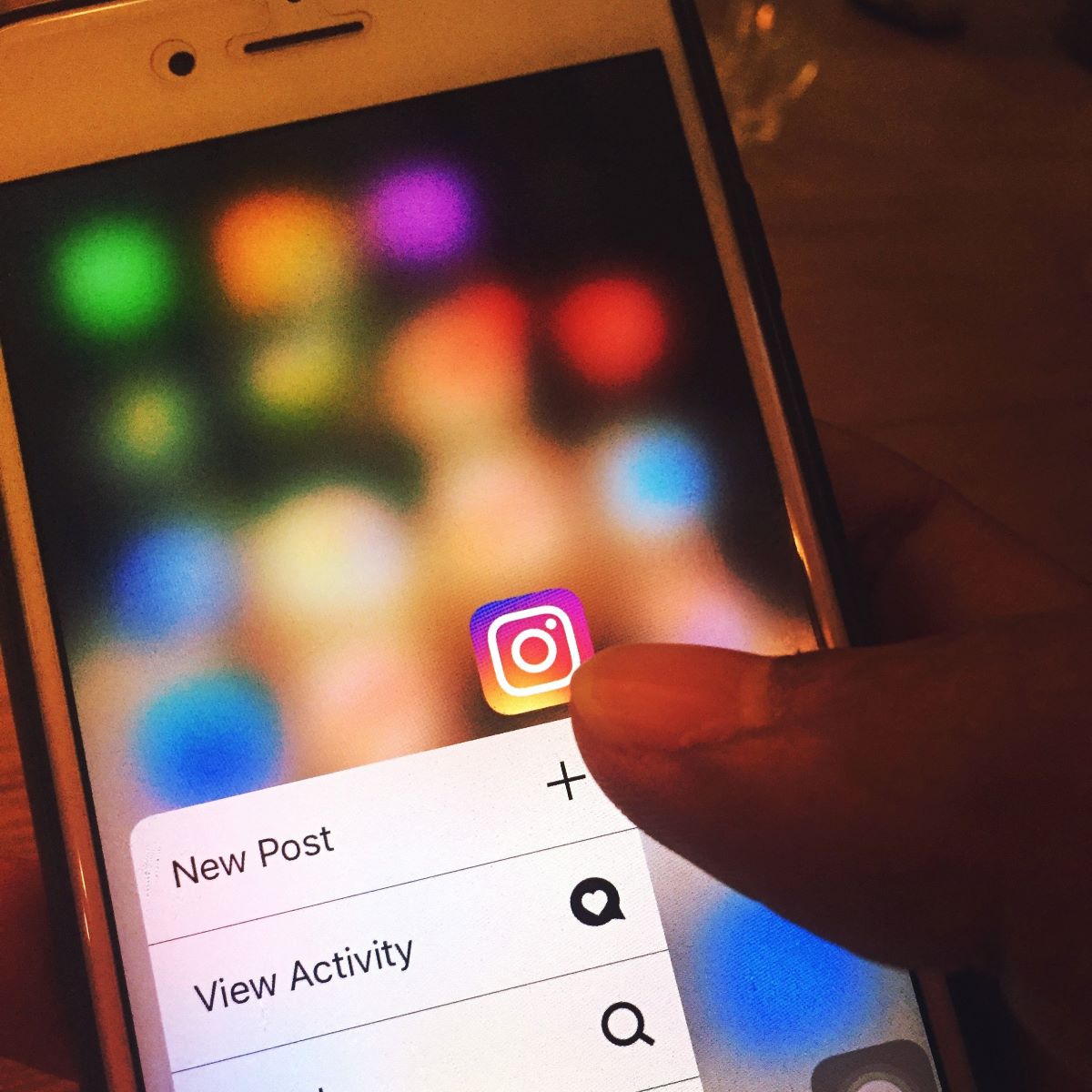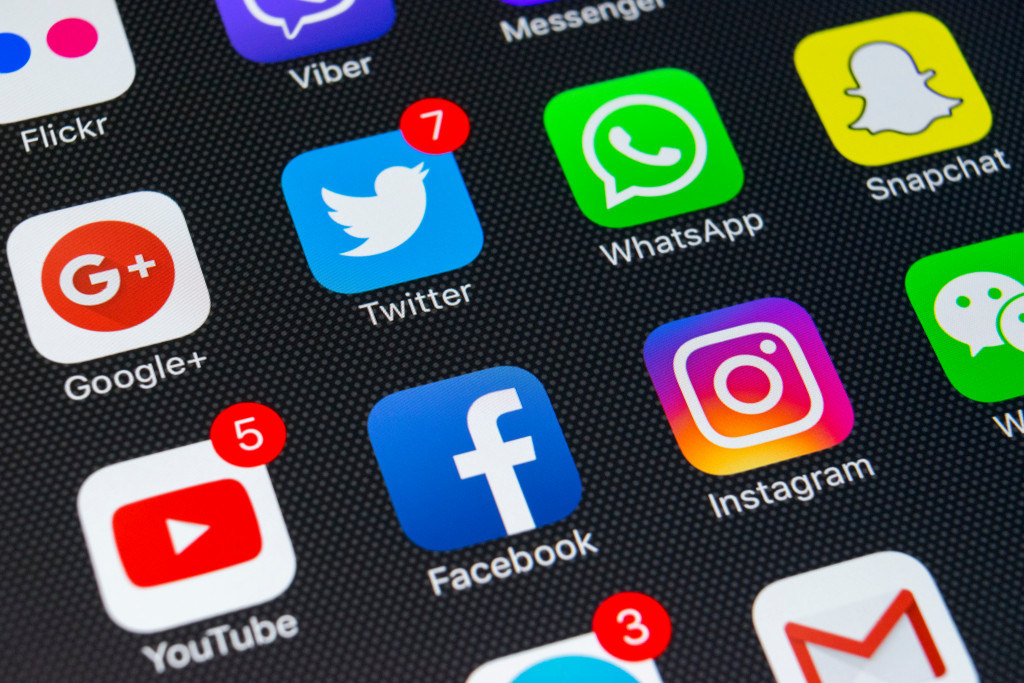The internet has increasingly become integral for any business’ success. With billions of people around the world connected and constantly surfing the web, it is getting harder to ignore the benefits of using the internet to promote a business.
Many consumers are using social media to find products that they want to purchase. Facebook, Instagram, YouTube, Twitter, and Pinterest are the most popular social media platforms with billions of active users.
The New Endorsers
Steering the attention of consumers online are the so-called social media influencers. These celebrities make a living out of growing their following and recommending a brand or a product. Their following can range from a few thousand people to hundreds of millions.
Brands, who want to promote an item, partners with an influencer. The influencer will create sponsored posts that feature the item. The goal is to get as many eyeballs as possible looking at the product, theoretically sending traffic to an online store and boosting sales.
How Effective is it Really?
It may be difficult to gauge how effective an influencer marketing campaign has been. Some businesses rely on redemption codes to track sales. Others simply look at engagement.
A data management specialist can help measure the response of the consumers toward an ongoing marketing campaign. Partnerships with influencers, especially those who have millions of followers like Zoella Sugg or Emma Chamberlain, can get very expensive. A single sponsored post costs several thousand pounds.
In most cases, influencer marketing works. In most cases, content posted by influencers receives more engagement compared to photos or videos published on the brand’s official social media profiles.
In 2018, the ROI (return of investment) for influencer marketing is $18. This means that, for every dollar a marketer uses for influencer marketing, $18 is generated in publicity value.

Influencer Marketing Blunders
However, the market is changing. Although influencers are more popular than ever, consumers no longer blindly follow what these online celebrities are trying to sell.
A brand or a product making an appearance on an influencer’s social media accounts does not mean that it is good. It only means that the influencer received a handsome paycheck for it.
Consumers have seen it happen over and over again.
The 2017 Fyre Festival, which was promoted by supermodels Kendall Jenner and Bella Hadid, turned out to be a disaster. Billy McFarland, the organizer for the event, was later sentenced to six years in jail for fraud.
Actor Shay Mitchell shared a sponsored video on Instagram Stories in 2018 to promote a makeup remover. However, fans immediately pointed out that the influencer did not use the product.
Scott Disick, an ex-husband to a Kardashian, pasted a brand’s entire instructions on the caption of a sponsored post.
These things happen too often and consumers are getting tired of them.
Buying Fake Followers
Then, there is the problem of fake followers.
It is easy and cheap to just buy followers by the thousands on any social media platform. It makes their social media accounts more appealing to brands that are willing to pay them for a sponsored post.
Give Consumers Authenticity
Brands should take into consideration who the influencers they are partnering with and the type of content being published online.
When an influencer works with a brand that aligns with their vision and goals, consumers are more likely to believe that the post is authentic and the recommendation is trustworthy. However, if the collaboration does not make sense, consumers will see right through the marketing strategy and will be turned off. It will have a negative impact on both the brand and the influencer who the followers will say has “sold out.”
Brands looking into jumping into influencer marketing should do their due diligence and research. Study the influencer’s social media to see what kind of content they create, why people follow them, and whether their style or expertise is in any way similar to the brand’s own identity.
Brands should also encourage organic and original content by placing fewer restrictions on what influencers can say or do. An honest opinion resonates better than a script that an influencer has to paste onto the caption or read on video.
It is clear that influencer marketing works, but consumers are already beginning to see through the lies of sponsored posts. Consumers, especially young people, look at influencers for recommendations. However, if a partnership is dishonest, it can have negative consequences for the influencer and the brand. For a campaign to be effective, brands and influencers should work together to create photos and videos that seem authentic, rather than paid for.

